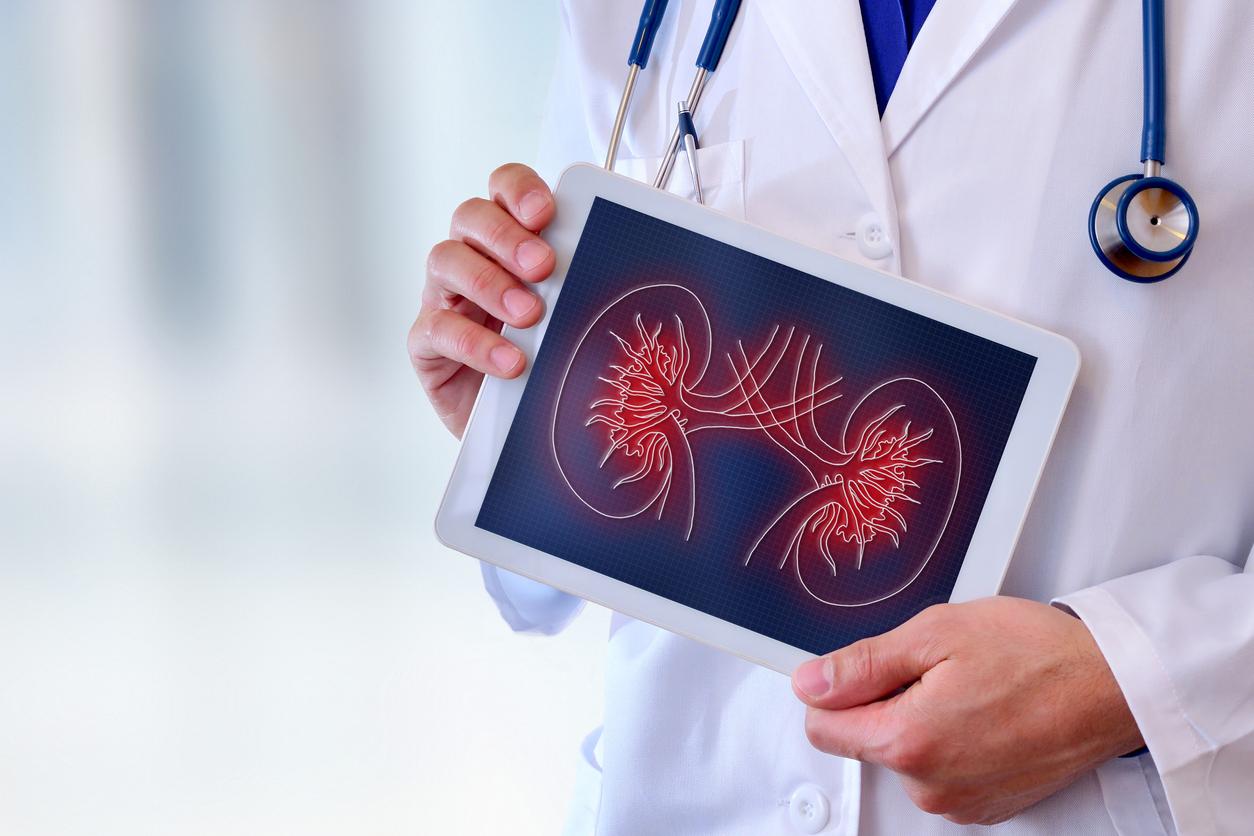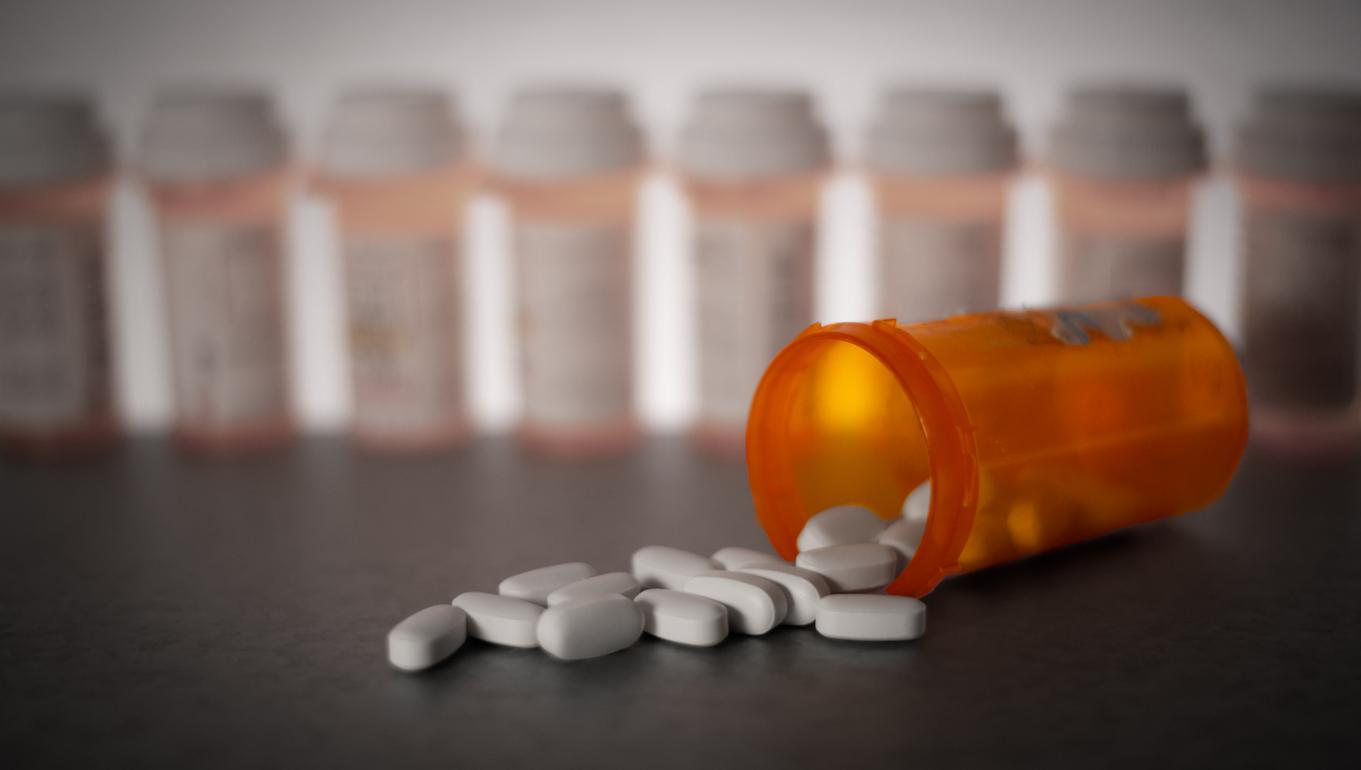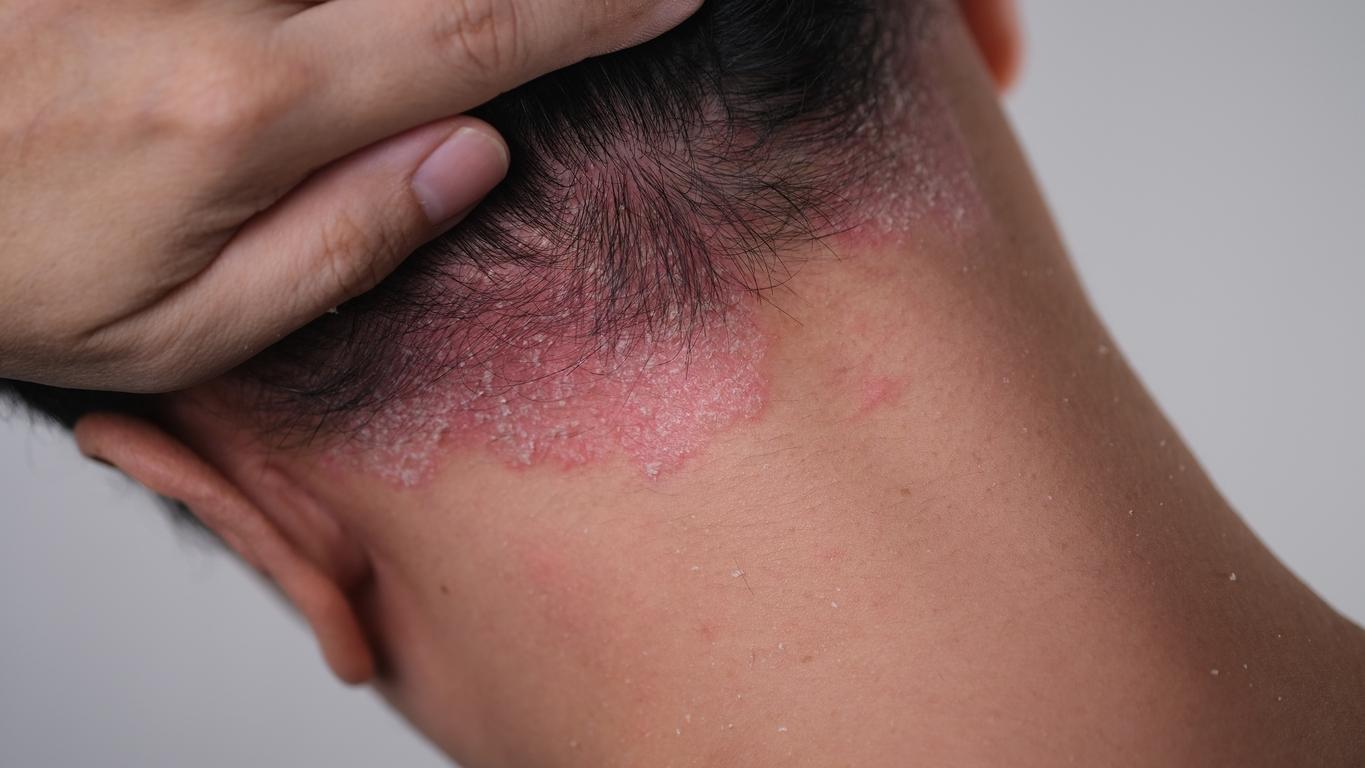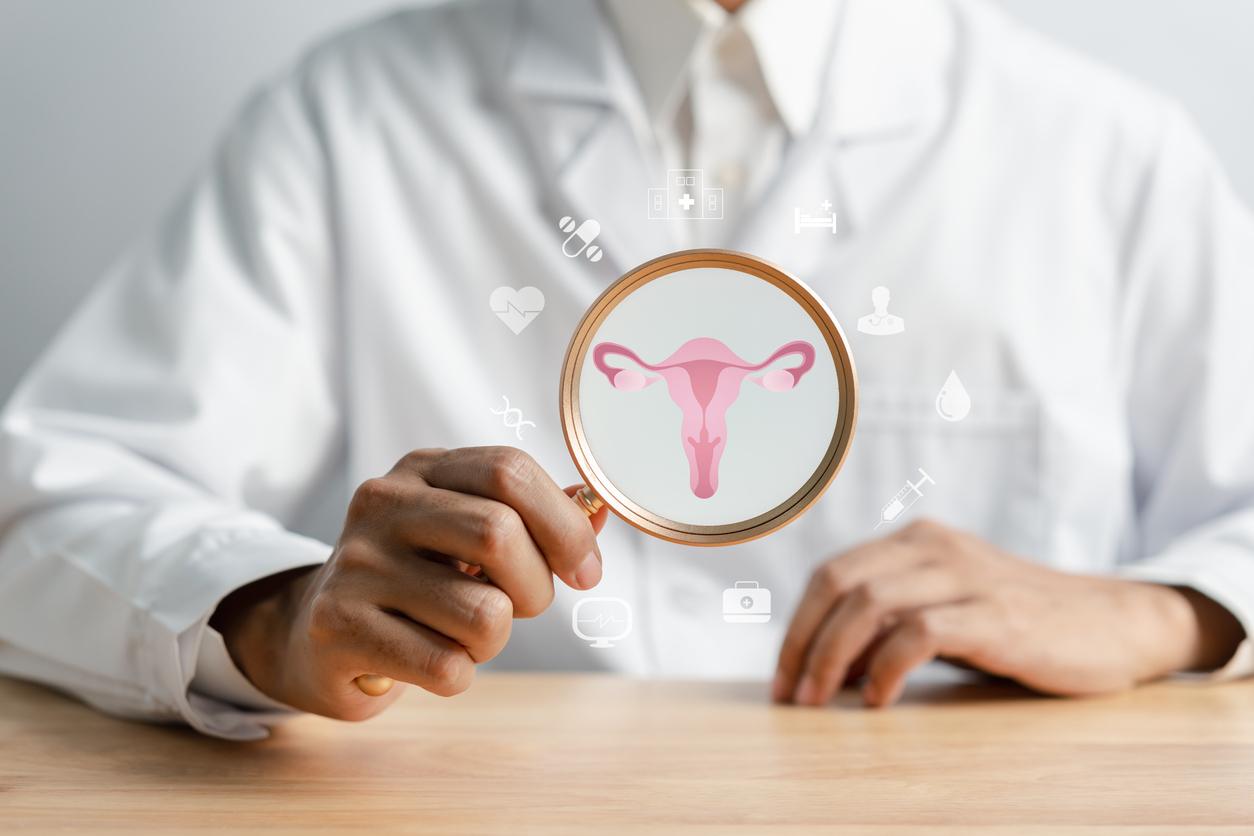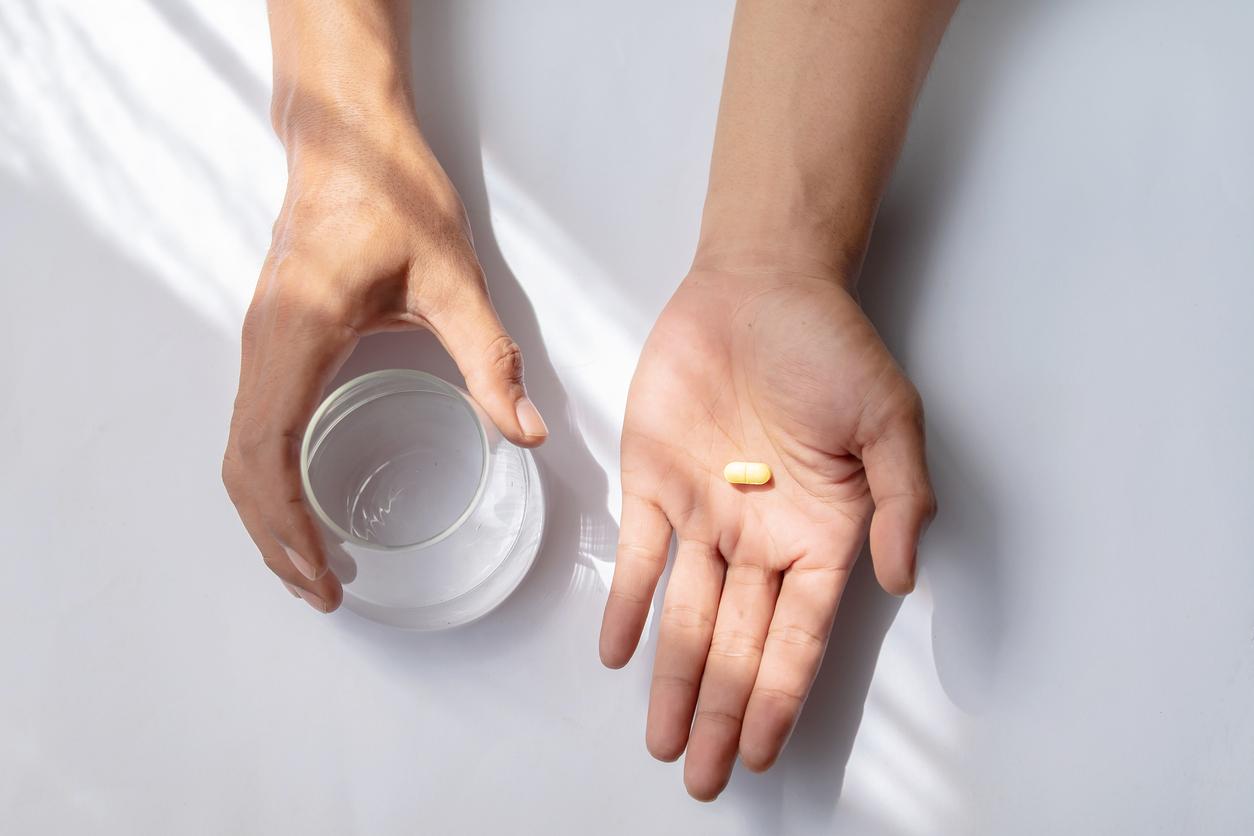One to two people out of 100 are affected by hypothyroidism in France, according to estimates. But the management would not be sufficient: a levothyroxine-based treatment is too often prescribed without a prior blood TSH test.

Hypothyroidism is due to a deficiency in thyroid hormone. Although this disease is rare, its effects are numerous: it causes slowing down of body function, including heart and brain. As a result, hypothyroidism manifests itself in a wide variety of ways: fatigue, dry skin, constipation, chilliness, difficulty concentrating, weight gain, etc.
It mainly affects women and usually occurs after the age of 60. But this disease would be badly taken care of : according to the Medicare reimbursement data, treatment with levothyroxine is started one time out of three without biological confirmation of the diagnosis, i.e. without a TSH blood test (thyroid stimulating hormone) has been practiced.
Remember good practices
The HAS (High Authority for Health) posted online on March 19, a document recalling ten key points for appropriate management of patients with hypothyroidism. The High Authority for Health has drawn up this text with doctors and patients. It is intended primarily for general practitioners and endocrinologists in order to recall some key pointsas for example “the therapeutic decision and the follow-up of the treatment must take into account both the hormonal dosages and the symptoms and the feelings of the patient. As such, it is essential that the doctor establishes with his patient quality dialogue.” He then details the steps for good care.
Steps to good care
- One TSH test should only be done if there are clinical signs suggestive of dysthyroidism.
- In the presence of symptoms suggestive of hypothyroidism, the determination of TSH “must be carried out in first intention”. If it is abnormal, it must be checked again and a T4L assay added (free T4 is another thyroid hormone).
- the anti-TPO antibody assay is not necessary to diagnose hypothyroidism. But it can be useful for “searching for a possible autoimmune origin of the disease”.
- If the TSH level is low (between 4 and 10 mIU/L) and that the FT4 is normal, it is better to perform a new assay, remotely. Only then can a treatment be prescribed, if necessary.
- the T3L assay is not necessary during the initial diagnosis of hypothyroidism because “the interest of the T3L assay in the initial diagnosis of hypothyroidism has not been demonstrated”.
- Levothyroxine-based treatment should not be prescribed without first hormone dosage.
- In case severe hypothyroidism (increased TSH but normal T4L), if the TSH level exceeds 10 mIU/L, during two successive examinations, “levothyroxine treatment must be discussed” with the patient, in order to prevent a progression towards proven hypothyroidism.
- Once treatment with levothyroxine startedit is recommended to measure the TSH again 6 to 8 weeks later, and also after any change in dose or drug specialty.
- Levothyroxine is a drug with a “narrow therapeutic margin”, the HAS therefore indicates that for patients treated without adverse effects, it no need to change treatment. If a change is necessary (unavailability of the drug, etc.), clinical and biological monitoring is recommended.
- One annual review is recommended (questioning, clinical examination, TSH assay) in people well balanced by their treatment. But in case of symptoms, it is necessary to consult quickly.

.








